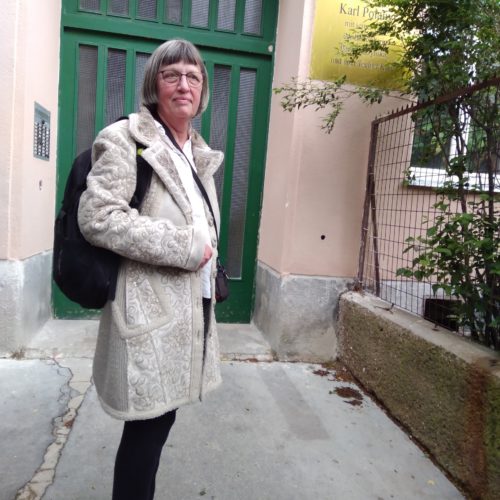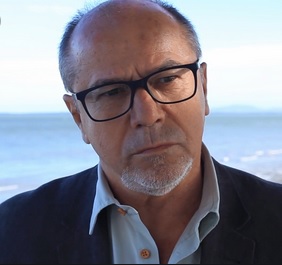Debate on the Crisis in Southern Europe
“Authoritarian Interventionism” in Greece
25th of June, 2020

Maria Markantonatou
A decade since its outbreak, the crisis in Greece has left scorched earth. Wages, pensions and social benefits have been slashed, the public sector and welfare services have been shrunk, the bargaining power of working classes vis-a-vis their employers has weakened, the pre-crisis institutions of labour protection have been dismantled, the country still holds negative records in the EU in terms of unemployment and poverty, and public assets have been privatized. Polanyi’s quote below, in which he describes deflationary policies in the interwar period, could hold true for the crisis management imposed on Greece since 2010 by the country’s creditors in cooperation with various Greek governments (social democratic, right-wing, left-wing, and several coalitions):
“The repayment of foreign loans and the return to stable currencies were recognized as the touchstone of rationality in politics; and no private suffering, no restriction of sovereignty, was deemed too great a sacrifice for the recovery of monetary integrity. The privations of the unemployed made jobless by deflation; the destitution of public servants dismissed without a pittance (…) were judged a fair price to pay for the fulfillment of the requirement of sound budgets”[1].
At the time Polanyi was living in Vienna and working for the economic journal Österreichischer Volkswirt, he experienced the imposition of a structural adjustment program imposed on Austria by the League of Nations (1922). The program bears parallels to the one in Greece regarding the policies implemented (austerity, liberalization), the outcomes (recession, unemployment) and the political methods (approval of loan tranches by the commission only after evaluation of the reforms undertaken). Austria strived to re-establish the gold standard and Greece to remain on the euro standard, and both countries had to cope with trade and fiscal imbalances.
Polanyi described these policies as “authoritarian interventionism”[2] and this description is accurate for Greece too. What we saw in the previous decade was the ECB’s political and disciplinarian rather than simply techno-economic role, the deep power asymmetries between member states, and the serious social effects of austerity. Most importantly, we saw a series of systematic efforts to put aside democratic political outcomes (national elections, referenda) that did not suit Eurozone’s disciplinarian neoliberalism, and an unprecedented pressure by Eurozone officials, which went so far as to remove undesired politicians, political parties and governments. In Polanyi’s words, a “crisis of confidence” in the interwar period had the result that “the political forces responsible for the [economic] messes were promptly made to disappear from the scene”[3]. For him, such attacks on democracy were at the heart of liberalism as an ideology and as a practice.
A decade after the Eurozone crisis, another crisis broke out, that of the COVID-19 pandemic. An increase in the EU budget and some new funds to cover emergencies have been decided, and there were some previously unthinkable proposals, such as the issuing of joint bonds. Such policies aim to stimulate specific industrial sectors of some Northern European countries and bail out some big companies. However, there is no guarantee that the Greek model of conditionality will not be repeated later in another country or that the burden will not be shifted to working classes, as it happened after 2010.
[1] Polanyi, Karl (2001). The Great Transformation: The Political and Economic Origins of Our Time. Boston: Beacon Press, p. 148
[2] Ibid., p. 242
[3] Polanyi, Karl (n.d.), The Fascist Virus, Karl Polanyi Institute for Political Economy, 18-08
Maria Markantonatou
Assistant Professor at the Department of Sociology,
University of the Aegean,
Lesvos, Greece
Read the other essays on the Crisis in Southern Europe here:









